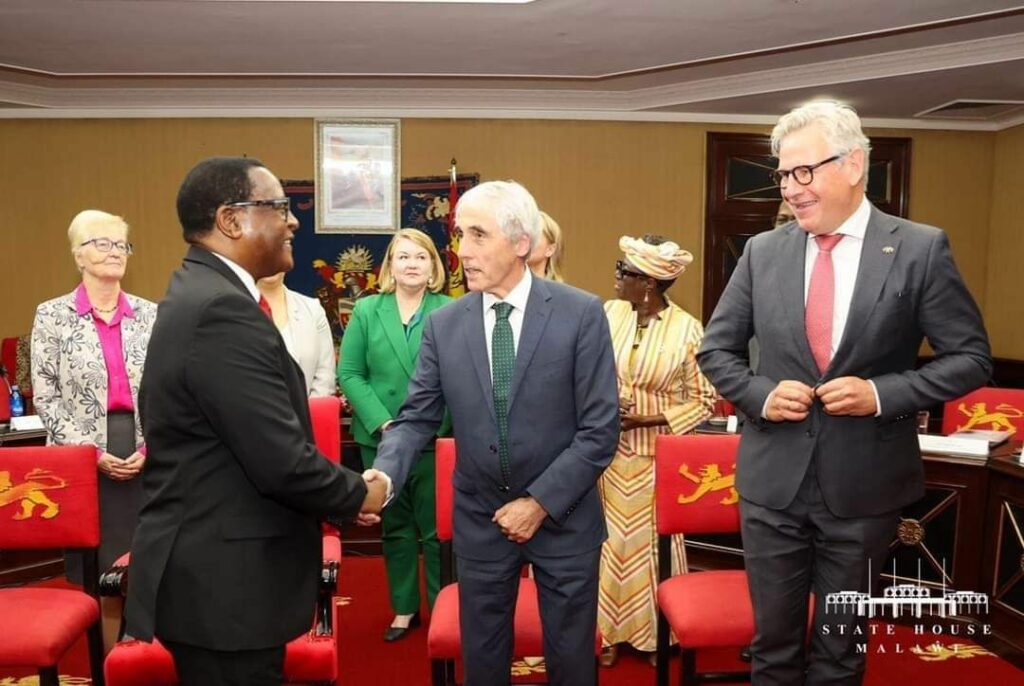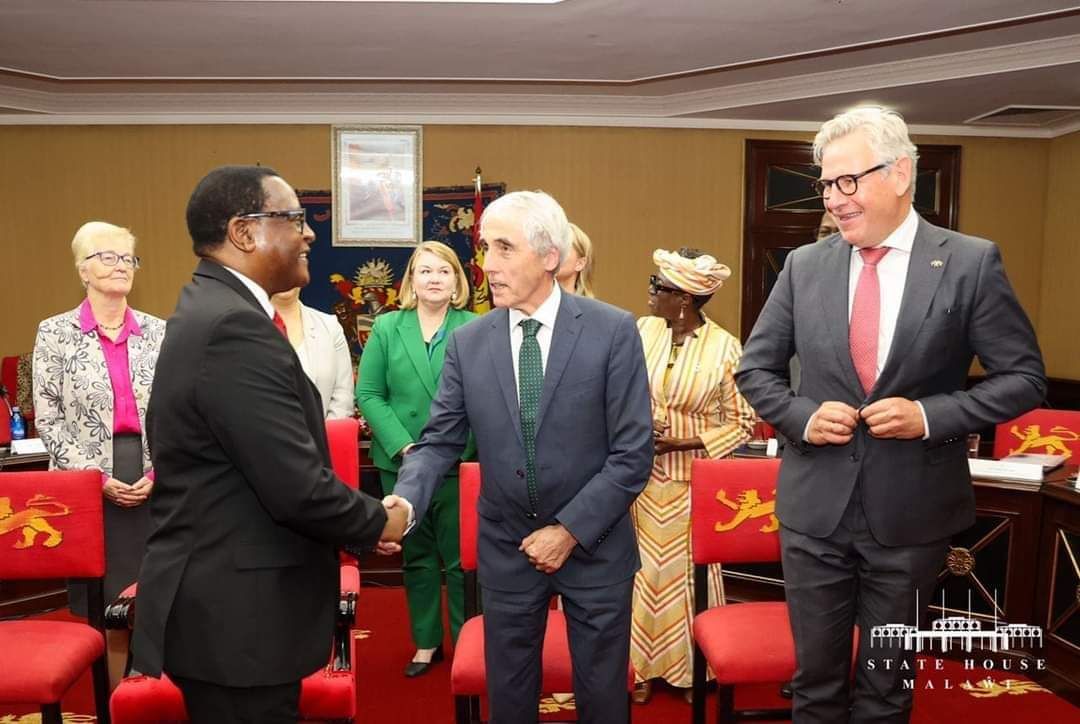By Burnett Munthali
Malawi, a nation in Southern Africa, has long grappled with economic challenges that have led it to seek financial assistance from international institutions like the International Monetary Fund (IMF). The IMF’s role, in theory, is to provide guidance and support to countries in economic distress, but its policies and recommendations are often met with mixed reactions. This article examines the current leadership in Malawi and their approach to dealing with the IMF, questioning whether they possess the fortitude to challenge the institution’s guidance and decisions.
Malawi’s contemporary leadership has faced scrutiny for its handling of the nation’s economic policies. Critics argue that the current leaders lack the vision and courage needed to confront the IMF when its recommendations are seen as counterproductive or inappropriate for Malawi’s unique circumstances. This perception is fueled by the view that the leaders are excessively reliant on external aid and financial assistance, embodying a metaphorical “beggar” mentality.

LThe IMF often prescribes austerity measures, structural reforms, and fiscal discipline to countries in economic distress. While these measures are intended to stabilize economies, they can sometimes exacerbate poverty and social inequality. For Malawi, these recommendations might appear disconnected from the lived realities of its citizens, who struggle with basic needs and services.
Critics of Malawi’s leadership argue that instead of questioning or negotiating the IMF’s terms, the current administration acquiesces readily, prioritizing short-term financial relief over long-term sustainable development. This perceived lack of assertiveness is likened to the naivety of “kindergarten kids,” suggesting a lack of sophistication and strategic thinking.
The analogy of “mwala ku mwala katapila” (a stone hitting a stone) is used to describe the seemingly unproductive cycle of borrowing. This phrase highlights a concern that borrowing from international institutions, without addressing underlying economic issues, is akin to hitting a hard surface with no productive outcome. Critics argue that such borrowing, while providing temporary relief, often fails to address structural weaknesses within Malawi’s economy.
For Malawi to navigate its economic challenges effectively, strong leadership is crucial. This means not only accepting financial assistance but also critically evaluating the terms and advocating for policies that align with the country’s needs. Courageous leadership would involve engaging with the IMF in a way that prioritizes national interests, even if it means challenging established norms or facing short-term discomfort.
In conclusion, the current leadership in Malawi faces a critical test in its interactions with the IMF. The ability to confront and negotiate terms with the IMF, rather than passively accepting its recommendations, is essential for achieving sustainable economic progress. As Malawi continues to navigate its complex economic landscape, it will need leaders who are both resilient and innovative, capable of balancing external assistance with effective domestic policy and reform.



